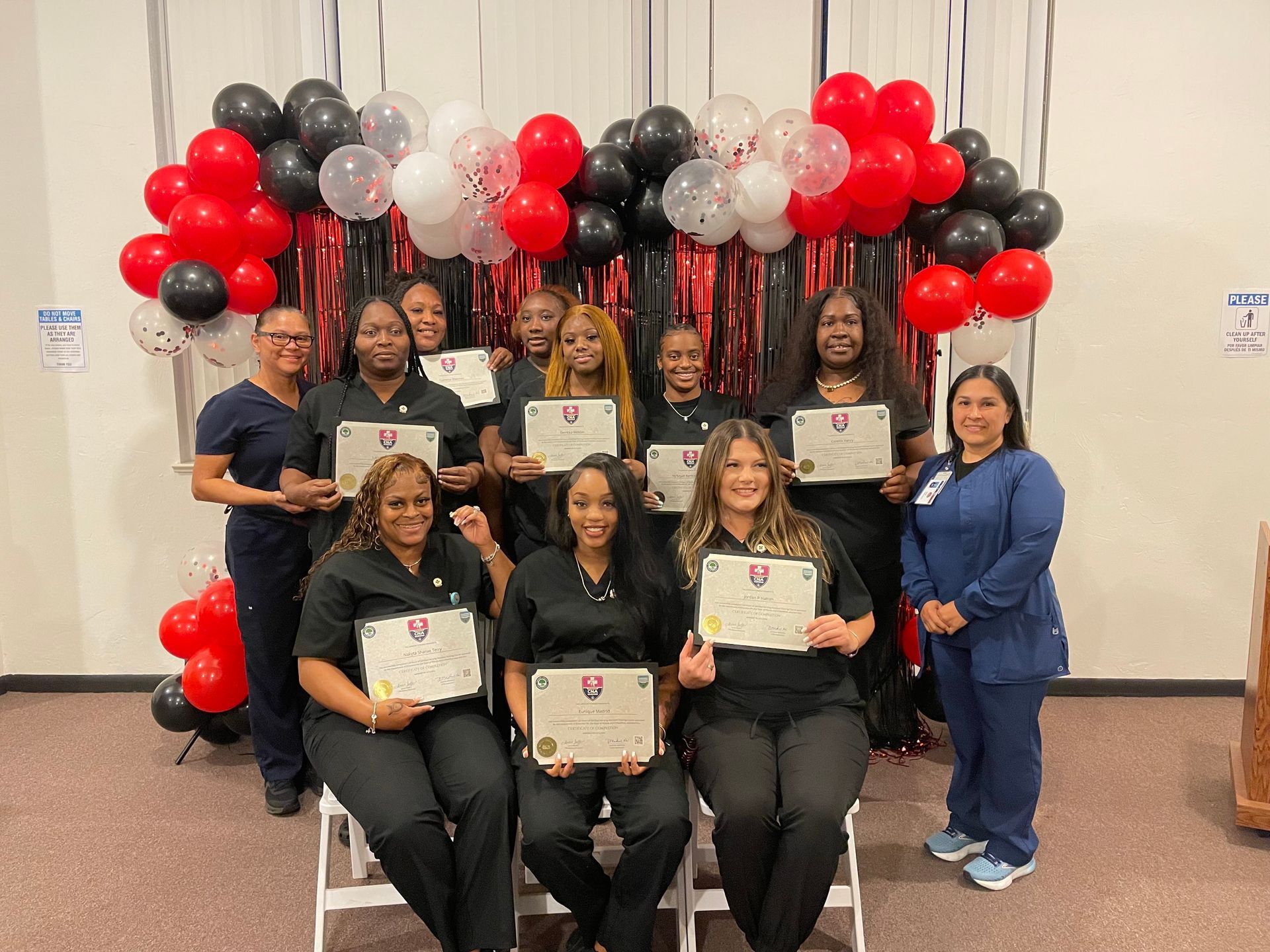How hard is it to get your GED? And how long does it take?
What does it take to pass the GED and unlock new opportunities?

How Hard Is It To Get Your GED?
This really depends on what your current levels are. One consideration is your level of literacy, or in other words, how well you can read and understand information. If your literacy level is too low, all parts of the test will be more difficult. There are pre-tests that you can take to asset your level of readiness. The TABE test is one of them.
How Long Does It Take to Get Your GED?
You might be able to earn your GED in less than three months. How long it takes to get your GED depends on what skills you already have. It also depends on the number of hours you study each week.
What Is the GED?
“GED” stands for general educational development. “GED” also refers to the certificate that you earn by passing certain tests. Each state oversees testing in that state and determines the test sites. The GED certificate proves that the holder has educational skills that are similar to those of a high school graduate.
What is the TABE test?
The Test of Adult Basic Education or TABE test is an assessment tool for adults that measures their skills in reading, writing, and math. Hendry County Workforce Development provides this step at the beginning of the program. It helps up create a tailor-made program that targets your weakest areas so that you can focus on what really will improve your chances of passing the GED.
Inspiration for passing the GED
There are so many jobs that require either a High School Diploma or a GED certificate. If you never achieve this milestone, you may be limiting the potential for future job opportunities. And if you are motivated and willing to put in some work, you can do this! Also, as your level of literacy starts to rise you'll find the learning new things will become easier. It may be time to forget the mistakes that you have made in the past and start down the path to a brighter future!
Need more Inspiration? Click The Link Below.
Learn more about why you should get your GED





